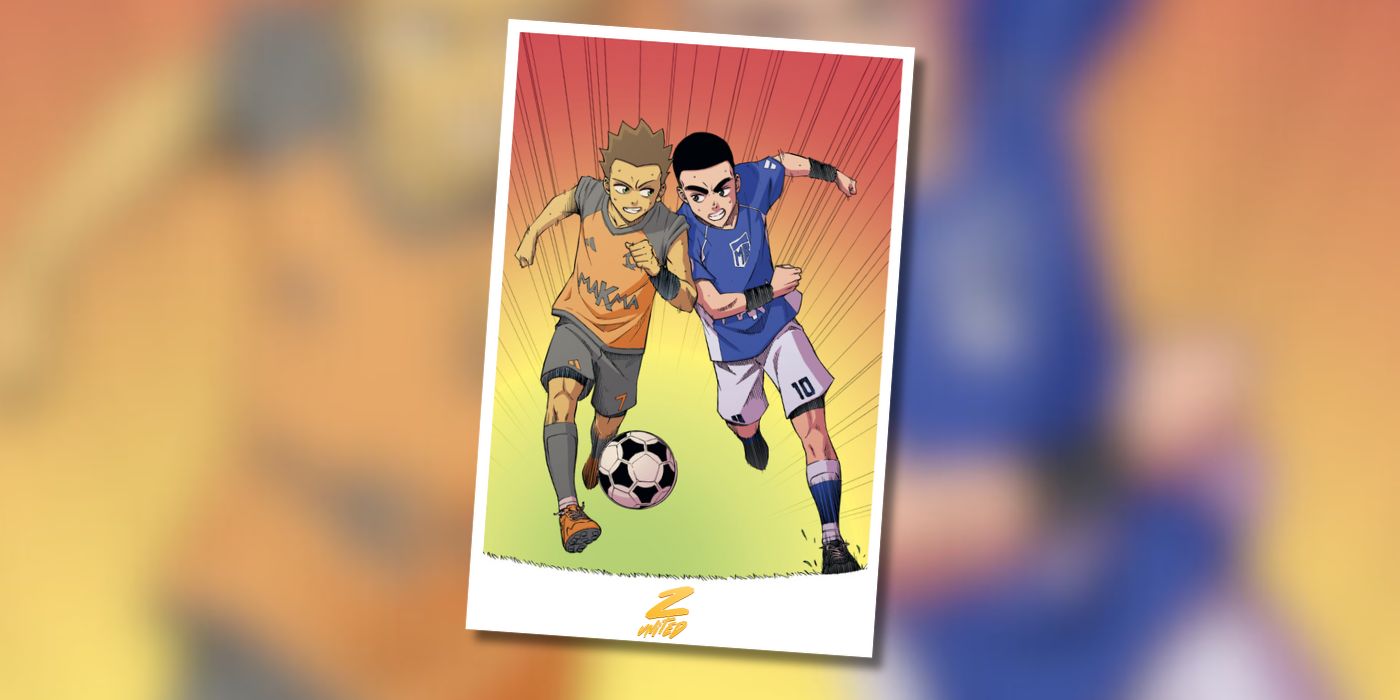Social inclusion starts with shared experiences. Few are as powerful and raw as a football match where strangers become teammates. At Z United, the game becomes a living, breathing space where barriers fade, roles evolve, and every pass rewrites a story. Inclusion thrives when everyone moves forward together.
How Z United turns team sports into a powerful engine for social inclusion
A look at how sports, especially football, can empower marginalized communities, with Z United as a narrative reflection of these dynamics.
Football is more than a game. In many communities, it’s a language, a meeting point, and often one of the few platforms where invisible voices can finally be heard. From street pitches to community clubs, football has become a genuine tool for inclusion, bridging generations, cultures, and life paths. At Z United, we take this seriously.
Too often, social initiatives underestimate the unifying power of sport. Football, by its simplicity and popularity, offers a near-universal gateway to connection. No need for fluent speech, paperwork, or complex rules, just a ball, space, and willingness to play. That accessibility makes football a weapon of mass cohesion when used right.
Z United’s model leverages that raw accessibility. But it also goes a step further: it uses football not just as a meeting ground, but as a spark for conversations that matter.
Building connection through shared effort
When players step onto the pitch, their background fades. On the field, identity is shaped less by origin and more by contribution: by passes completed, encouragement given, runs defended. Football allows for merit to surface quickly and clearly. This equalizer effect is crucial when working with youth from diverse social environments.
Z United builds on this idea by intentionally mixing profiles: pairing entrepreneurs with young athletes, newcomers with locals, extroverts with introverts. The game becomes the pretext, the metaphor, and eventually, the medium through which people begin to relate.
From a communication standpoint, this unlocks something powerful: non-verbal respect. Shared sweat, joint fatigue, moments of collective effort break down walls that words often struggle to cross. For youth who don’t always feel listened to, being valued for their presence and participation is game-changing.
But we’re not just talking about pickup games. Z United organizes structured, intentional experiences: small-sided matches, collaborative workshops tied to football sessions, even post-game talks where players can reflect on group dynamics, leadership, frustration, and teamwork. These are not “add-ons”, they’re integrated into the core of the experience.
By reflecting on what happened during a match, Z United helps participants draw parallels with their own lives: How do I react under pressure? Did I communicate clearly? Did I show up for my team? These are soft skills in disguise: skills employers, educators, and communities all seek.
And this framework isn’t exclusive to the players. Coaches, mentors, and even entrepreneurs are encouraged to engage. This opens up a multi-generational dialogue that’s hard to find elsewhere. Football becomes a mirror, a classroom, and a bridge, all in one.
From marginalization to momentum
One of the core challenges in social work is building momentum. It’s easy to organize a one-off event, but much harder to create a consistent dynamic where participants return, grow, and invest emotionally. Football, when structured well, solves that.
People show up for football. They feel useful, seen, and energized. Z United captures that energy and channels it into ongoing engagement: mentorships, co-designed projects, long-term challenges like “52 years, 52 races,” or simply staying involved with the community.
For marginalized youth, this continuity is essential. It builds habits, belonging, and most importantly, hope. Football becomes the seed, but Z United ensures the roots grow wider: into entrepreneurship workshops, storytelling labs, and confidence-boosting exercises.
And for senior participants, often entrepreneurs or retirees, it’s a chance to rediscover purpose. Many have knowledge, time, and lived experience, but few opportunities to share them meaningfully. By engaging through sport, they reenter a space of contribution, not charity, but exchange. They learn from youth as much as they teach.
In this way, football becomes more than inclusion, it becomes redefinition. Everyone’s role is in motion. Everyone can grow.
Z United’s approach proves that social innovation doesn’t need to be complicated. It needs to be intentional, relational, and embodied. The game is just the gateway, the rest is about human connection.
In a world increasingly fragmented by class, culture, and opinion, football still brings people to the same ground. Literally. That’s a power we can’t afford to overlook, and Z United is making sure we don’t.
Z United shows that social inclusion doesn’t come from speeches, but from sweat shared on the same pitch. Through team-based sport, it builds real connection, where every voice matters, and victories are earned together. Because in a world obsessed with lone heroes, it’s collective effort that truly inspires.

